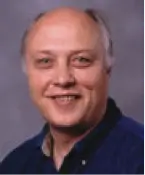909
Let Earth Day be every day! Let it transcend the present state of politics and our economic hierarchy. Let it open us to the future we long for but do not yet envision.
We live on one vulnerable, extraordinary planet. We are not its overlords; we
Earth Day is the planet’s future
previous post



